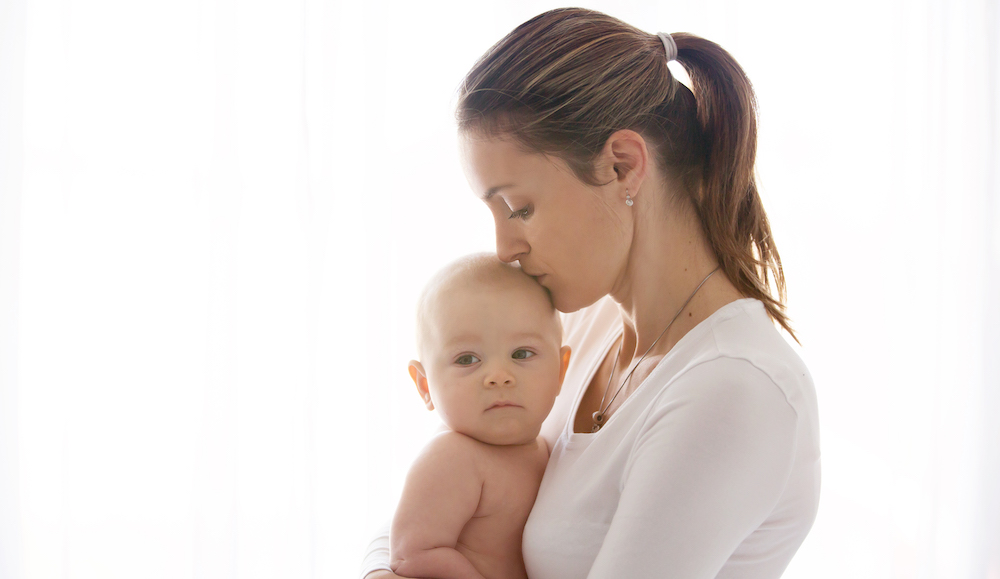
Winter is in full swing, and with that comes shorter days and less ability to get out of the house. Some studies have also shown an increase in post-partum depression in women who deliver during this time. It makes sense: sunlight and activity are two important ways to keep both the mind and body healthy, and the two things that are harder to get in the winter. But regardless of the time of year, post-partum depression is real and never something to feel ashamed of.
The female body goes through so many changes during, and in the first several months following, childbirth; most significantly fluctuations in hormones that also help regulate mood. With these sudden hormonal shifts women can have feelings of sadness, anxiety, and depression that may last from days to months. Women commonly note feelings of sadness, tearfulness, worthlessness, anxiousness, irritability, lonesomeness, and/or hopelessness. She may have difficulty concentrating, lose interest in food, feel like she is not a good mother, and/or lose interest or feel extra anxious about baby’s health. If you’re experiencing this: you need to know you’re not alone, it’s not your fault, and it’s important and OK to ask for help.
Ask for help in the now: have a friend or family member step in so you can nap/read/exercise/shower/eat/
To see what profession and community resources are available, check the Moms Mental Health Initiative:

